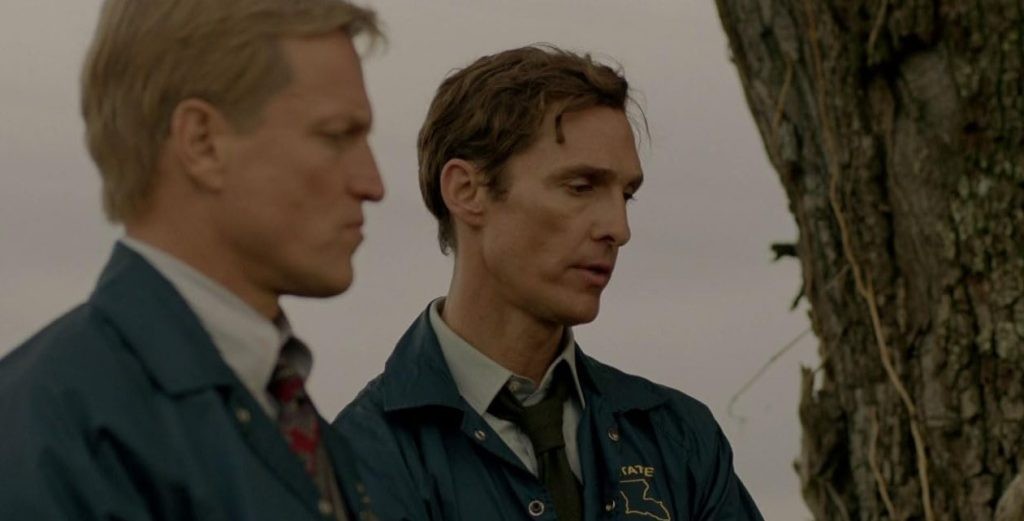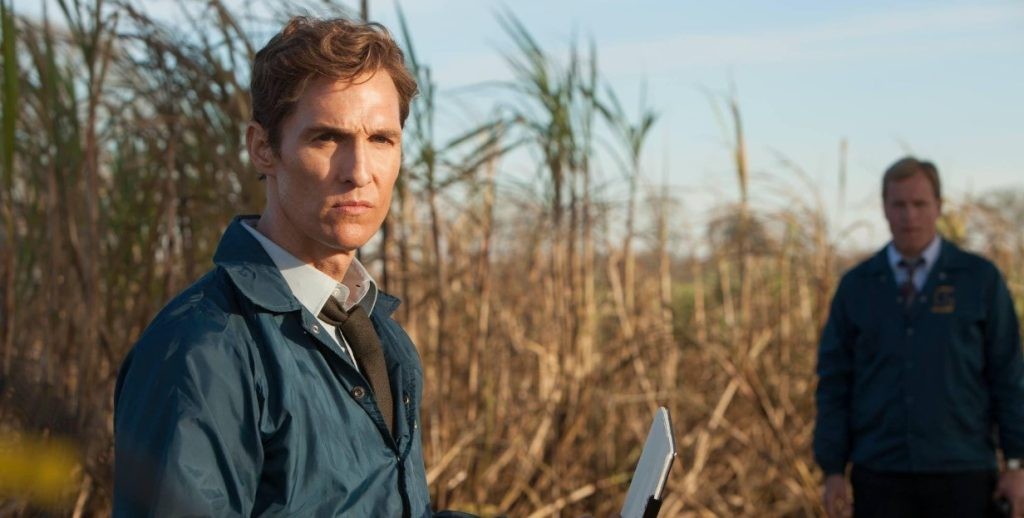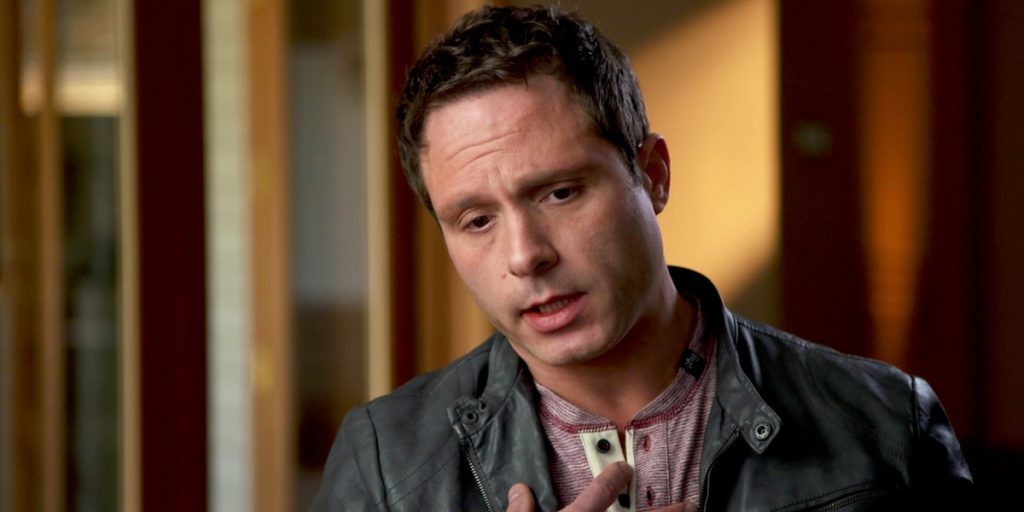Nic Pizzolatto, the creator of the critically acclaimed first season of the crime-drama series almost made a very critical error in its earlier episodes.
Created by Nic Pizzolatto, True Detective is arguably one of the best crime shows ever made. Despite the mixed reception of the show’s latter seasons, the first installment remains a fan favorite, most notably for its tightly wrapped narrative, which is layered with several mysteries that unfold from the perspective of complex characters.
 True Detective season 1 almost left out two major characters from earlier episodes (Credit: HBO).
True Detective season 1 almost left out two major characters from earlier episodes (Credit: HBO).However, the first season almost made a fatal mistake that would have nearly cost it all the universal critical acclaim that made it so iconic in the first place. One detail mentioned in the show’s bible from creator Pizzolatto hinted that an important subplot was to be introduced much later in the season. Here is why that would have been a fatal mistake and how avoiding it worked in the interest of True Detective season 1.
Nic Pizzolatto Wanted to Delay Rust and Marty’s Interrogation in True Detective Season 1
The first season of True Detective stars Matthew McConaughey and Woody Harrelson as Detective Rustin “Rust” Cohle and Detective Martin “Marty” Hart. In the very first episode, the duo is interrogated by Detectives Gilbough and Papania regarding a murder case from 1995.
 True Detective season 1’s interrogation storyline is one of its best subplots (Credit: HBO).
True Detective season 1’s interrogation storyline is one of its best subplots (Credit: HBO).The old case is similar to the one Gilbough and Papania are trying to solve in the present. However, according to the show’s bible, the interrogation of Rust and Marty concerning the case and the appearance of Gilbough and Papania were going to be reserved until much later in the season.
While the duo’s interviews were always planned to be included since the first episode, they are described as sparse and without the involvement of their interrogators. Thus, Nick Pizzolatto‘s original series bible strongly suggests that Gilbough and Papania’s involvement in Rust and Marty’s interrogations was to be kept a mystery until later episodes.
Nic Pizzolatto Changed His Mind Likely Saving True Detective From a Major Disaster
Introducing Gilbough and Papania later in the game would likely have deprived True Detective season 1 of some of its more efficient subplots. Although the series is primarily a mystery it is also a character study about Rust and Marty and it is most evident through their interrogation scenes.
 Nic Pizzolatto thankfully changed his mind about Gilbough and Papania’s introduction via (Credit: HBO).
Nic Pizzolatto thankfully changed his mind about Gilbough and Papania’s introduction via (Credit: HBO).The interview scenes where they recall the events of 1995 are juxtaposed against flashbacks to the actual events, which often differ from the accounts of the detectives. Therefore, it is easy to deduce early on that one of them is lying, setting up a more compelling twist down the road and investing the audiences in uncovering the real faces of the supposed heroes.
Similarly, the interrogation scenes establish early on that Rust and Marty went their separate ways after the case. However, the reason behind the schism between the former partners is slowly uncovered through their interviews. Therefore, it is safe to say that revealing the context of the interrogation scenes much later would have proven a fatal disaster for the first season, depriving viewers of a more compelling and immersive experience.





